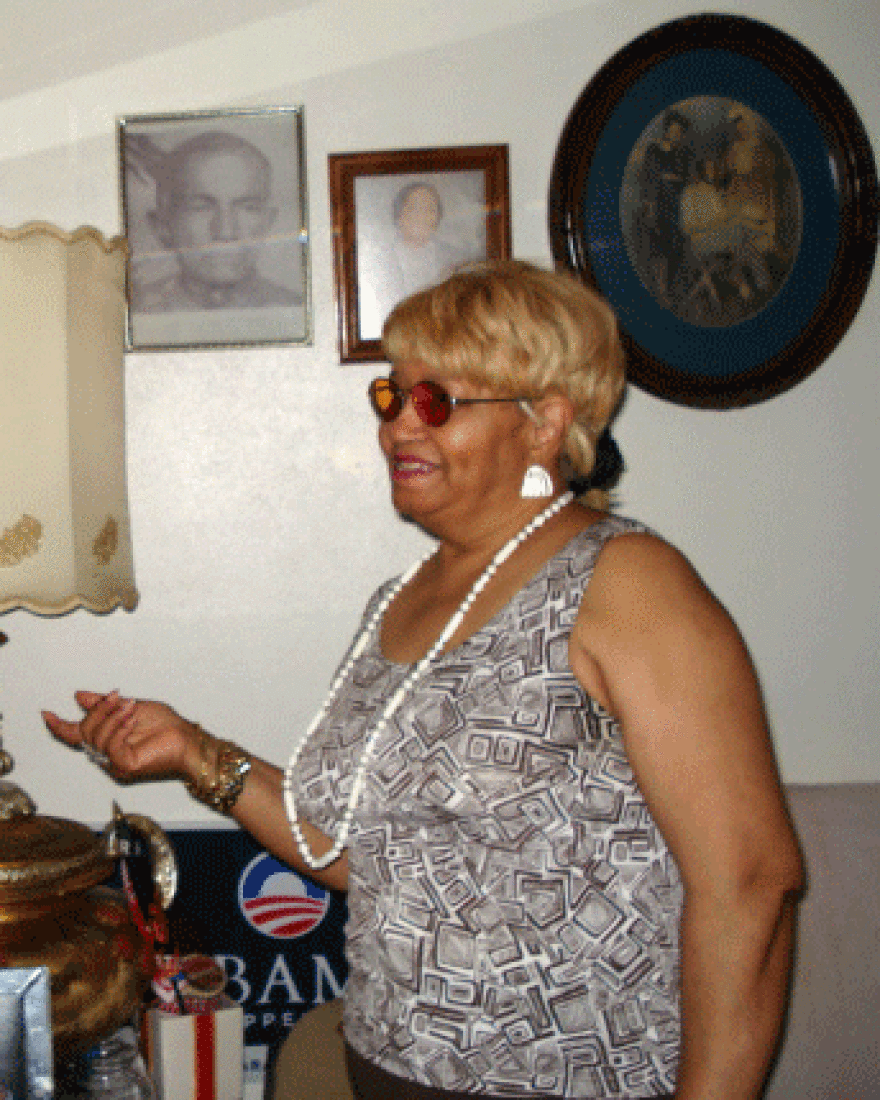By Repps Hudson, KWMU
http://stream.publicbroadcasting.net/production/mp3/kwmu/local-kwmu-845821.mp3
St. Louis –
The mortgage crisis is still taking its toll on the St. Louis area.
More than 6,000 St. Louis City and County residents lost their homes last year. And some experts say the foreclosure rate is almost as bad this year.
Even borrowers with 30-year fixed mortgages are finding themselves in danger of losing their homes.
As part of KWMU's series "Facing the Mortgage Crisis," Repps Hudson looks at how lenders, borrowers and a new breed of financial counselors are coping with the stress of foreclosures.
Helpful links:
Beyond Housing
CitiMortgage
Neighbor Works
Full Story:
As the number of foreclosures continues to rise, mortgage counselors are still learning how to advise their clients.
(Greg Smith) " Your goal should be to stop the foreclosure because, again, everybody walking through that door cannot afford to maintain homeownership, can they?"
On a recent weekday at a suburban St. Louis hotel, a dozen counselors sat in a meeting room listening to Greg Smith. Smith leads workshops like this one around the country. The point he was making may be a little hard to grasp at first. We've heard how desirable it is for everyone to own a home. It turns out that's not necessarily feasible.
Smith's message is at the heart of what counselors are trying to do: get to the facts about a family's ability to make its mortgage payments. Some can make those payments, and some cannot. Maybe not for a while. Maybe never.
Lindy Tarrant is with Beyond Housing, a non-profit agency in St. Louis that helps borrowers.
"Sometimes, if you are so far upside down, it's really not feasible to keep the home," Tarrant said.
In other words, if you owe much more than your home is worth, it makes no sense to struggle to hang on to it. Mortgage counselors say it may be better to rent.
Another misconception homeowners could have is that mortgage companies want to help them if they are financially strapped. Some will - under the right circumstances.
Homeowners who're in financial trouble have to show that they can make several mortgage payments before they can get a deal that prevents foreclosure.
"They don't care where the money comes from, you know," Tarrant said. "So it's our job to find out, once we go over the budget, well, is anyone in your family helping you? Are you doing anything to help on the side?"
On the other hand, lenders say they don't want to foreclose. They make money from borrowers' payments.
Robin Kramer is senior vice president of CitiMortgage, a national lending company in St. Charles County. She's been attending negotiating sessions between CitiMortgage officials and borrowers.
"Keeping customers in their homes is our absolute No. 1 objective if it's right thing for that customer. We don't want the properties. We've helped you as a customer get that home because that's your dream home. It's not our dream home. And we want you to keep it if it's the right thing for you," Kramer said. "Foreclosing on the property doesn't make us any money. We lose money on every deal."
Sometimes foreclosure can get very close, like dodging a bullet.
Ruby Sain is the widow of the well-known local saxophonist Oliver Sain. She's nearly lost her attractive fifties-era ranch house in St. Louis County twice. The last time she was just one day from foreclosure.
"I started getting all these letters and calls, you know, wanting to refi. Every day, all day, in the mail, over the phone. So finally this one guy called and I guess they had just kinda worn me down, and I said, OK."
That was four years ago. Sain had a 30-year fixed mortgage and no other debt. Her income is mostly from Social Security. When she refinanced, she didn't read the fine print. She trusted the man who had contacted her.
And for two years, things were all right. Then the next thing she knew, her monthly mortgage payment shot up from $600 to $900 a month.
"I'm paying it out of my savings and, you know, and this is every month and I'm constantly doing this and then one day it hit me, I'm broke," said Sain.
With the help of Lindy Tarrant of Beyond Housing, Sain sent her financial papers to her lender to buy time until she can work out a reverse mortgage. That could let her tap into the equity in her house and, she hopes, avoid losing the home she's lived in since 2002.

